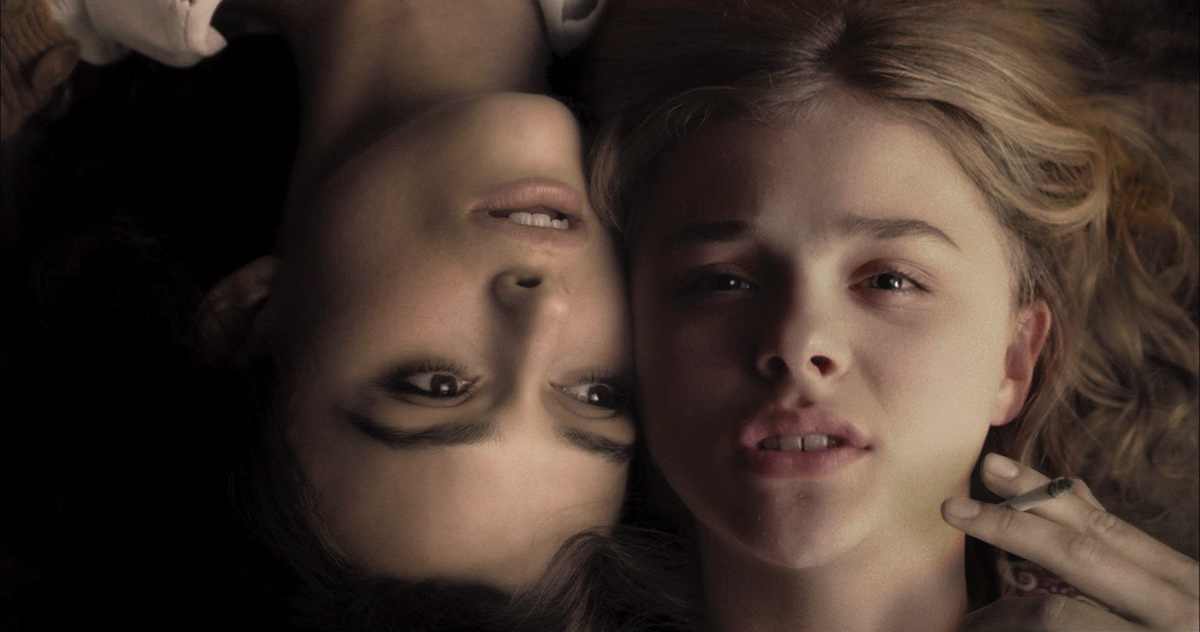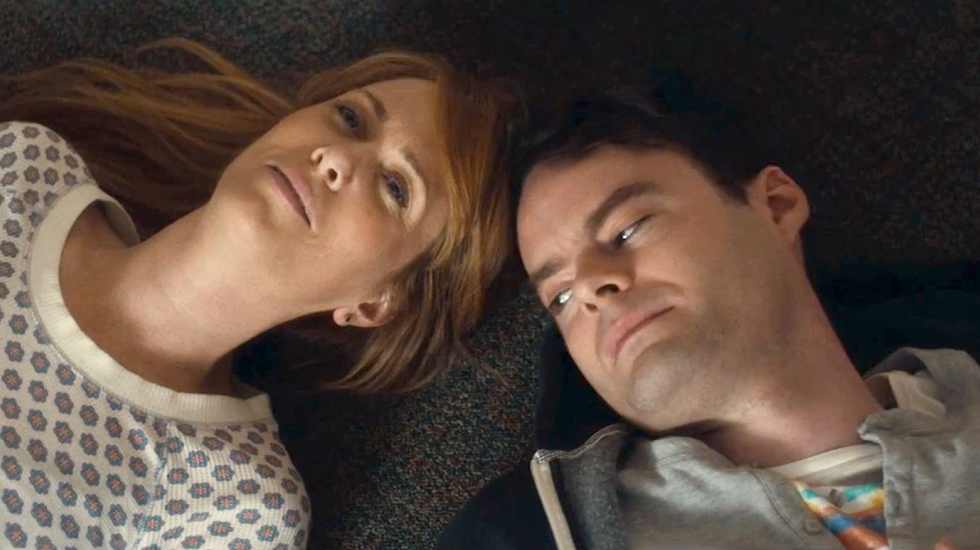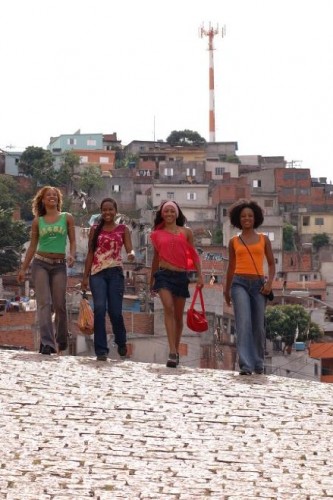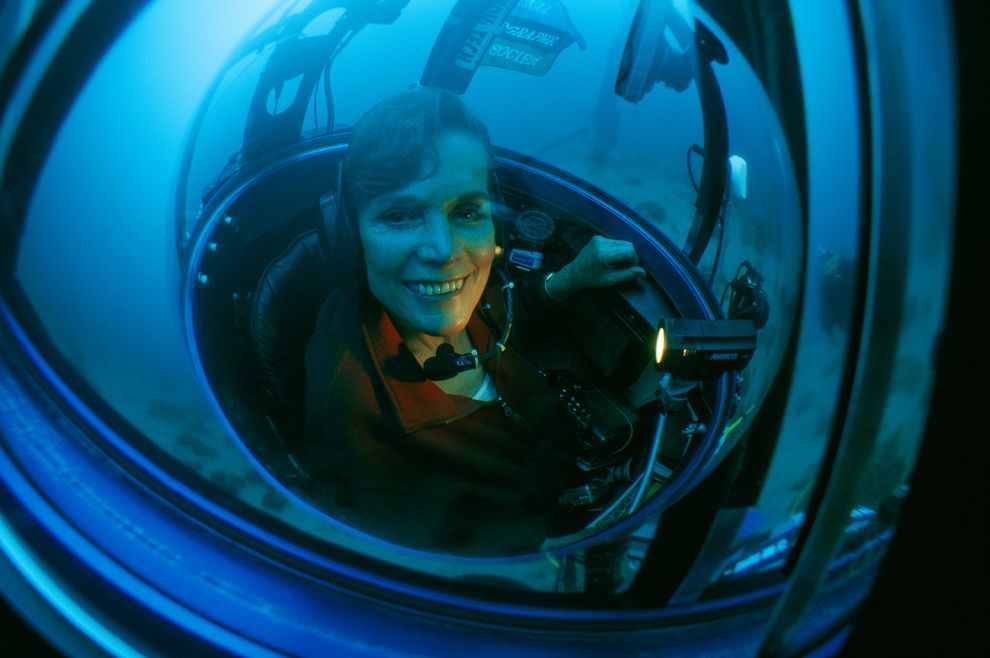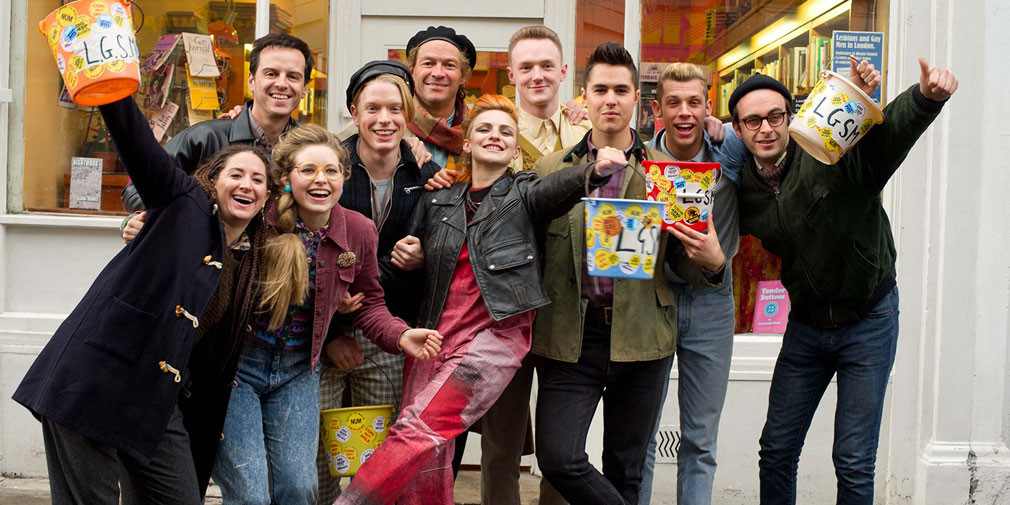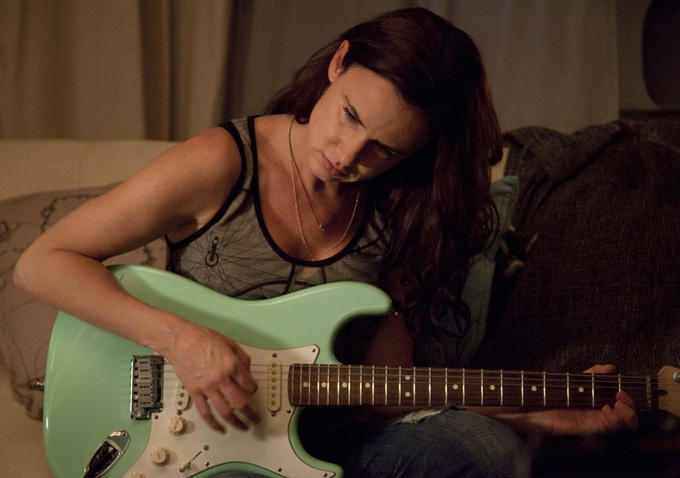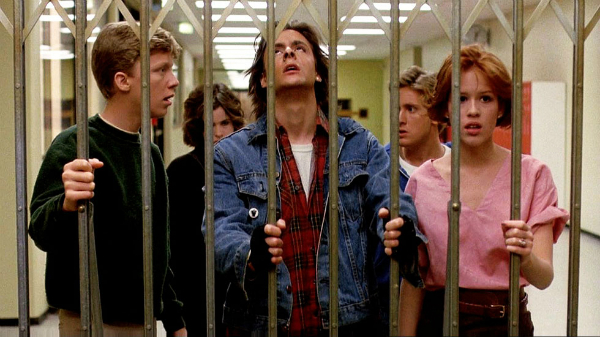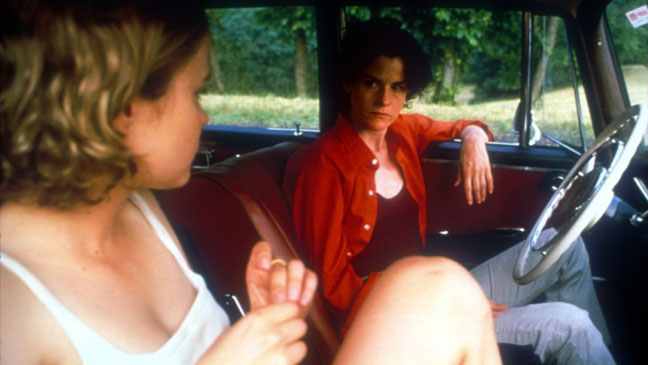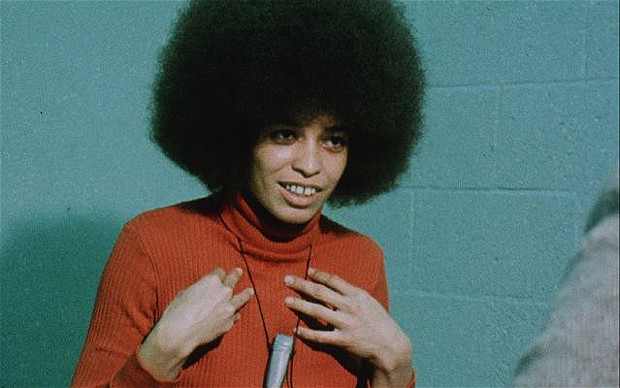‘Laggies’ and the Perils of Success
Lynn Shelton’s best known films, the great ‘Humpday’ and the equally delightful ‘Your Sister’s Sister’ stood out in a similar way. Shelton devised and wrote scripts that became the basis for the actors’ improvisation (with the ‘”‘final draft’ put together in the editing room”)–and made films that seemed fresh and distinct from the usual Hollywood product. Each film had a surprisingly tight structure and was funny in ways that never occured to mainstream filmmakers. As I sat through Shelton’s latest movie, ‘Laggies,’ (which opens this Friday, Oct. 24) I couldn’t help feeling deflated. Shelton’s transformation into a mainstream director is a little like if Bergman had had second thoughts and ended up going on a diet and let Hollywood makeup artists make her unrecognizable.
